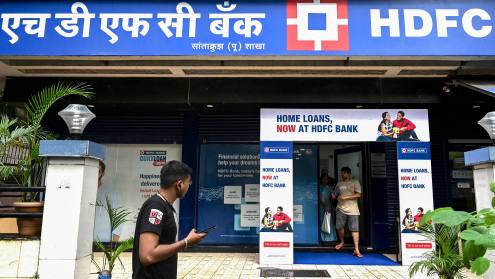French banks have gone from strength to strength in recent years, backed by diversified business models and – until the outbreak of the Covid-19 pandemic – a buoyant economy. The Banker’s Top 1000 World Banks Ranking 2020 illuminates this performance clearly.
France is the only European country to boast two banks among the top 20 global banks by Tier 1 capital, while profitability and growth are generally strong across the board. The best-performing French bank is Crédit Mutuel, which received a performance score of 7.31 out of 10. Stellar return on risk and soundness figures (capital assets ratio), among other performance indicators, ensured that it secured the top spot.
BNP Paribas, France’s second largest lender by Tier 1 capital, achieved a performance score of 6.38 and, with it, second position in the country performance ranking. Notably, the lender came out on top in terms of its profitability, operational efficiency and asset quality, while it also scored well in terms of return on risk and liquidity. These outcomes have emerged as the French banking giant continues to invest heavily in its digital capabilities, forming part of a wider digital transformation of the business.
Meanwhile, the largest French bank by Tier 1 capital, Crédit Agricole, secured third position in the best-performing banks ranking. This was based on a number of strengths over the review period, including topping the growth table which covers the annual percentage expansion of assets, loans, deposits and operating income. The bank also placed second for asset quality.
Rounding out the top five best-performing banks are Groupe BPCE at four and Société Générale at five. Groupe BPCE secured first place for its leverage ratio, while coming second in the soundness ranking. Société Générale, meanwhile, took first position based on liquidity and third in terms of leverage. This performance comes as the lender is in the midst of a far-reaching restructuring, as it looks to streamline its operations, cut costs and pursue greater digitisation.
As the French economy braces for a tumultuous period of uncertainty, its banks are in a good position to weather the storm. Asset quality across the best-performing French lenders is high relative to other European markets, while their soundness indicators also point to a healthy banking system.
A long-standing culture of prudence across the country’s banking sector accounts for much of this strength. In addition, most French banks have created well diversified business models, enhancing their ability to adapt to challenging economic conditions.




